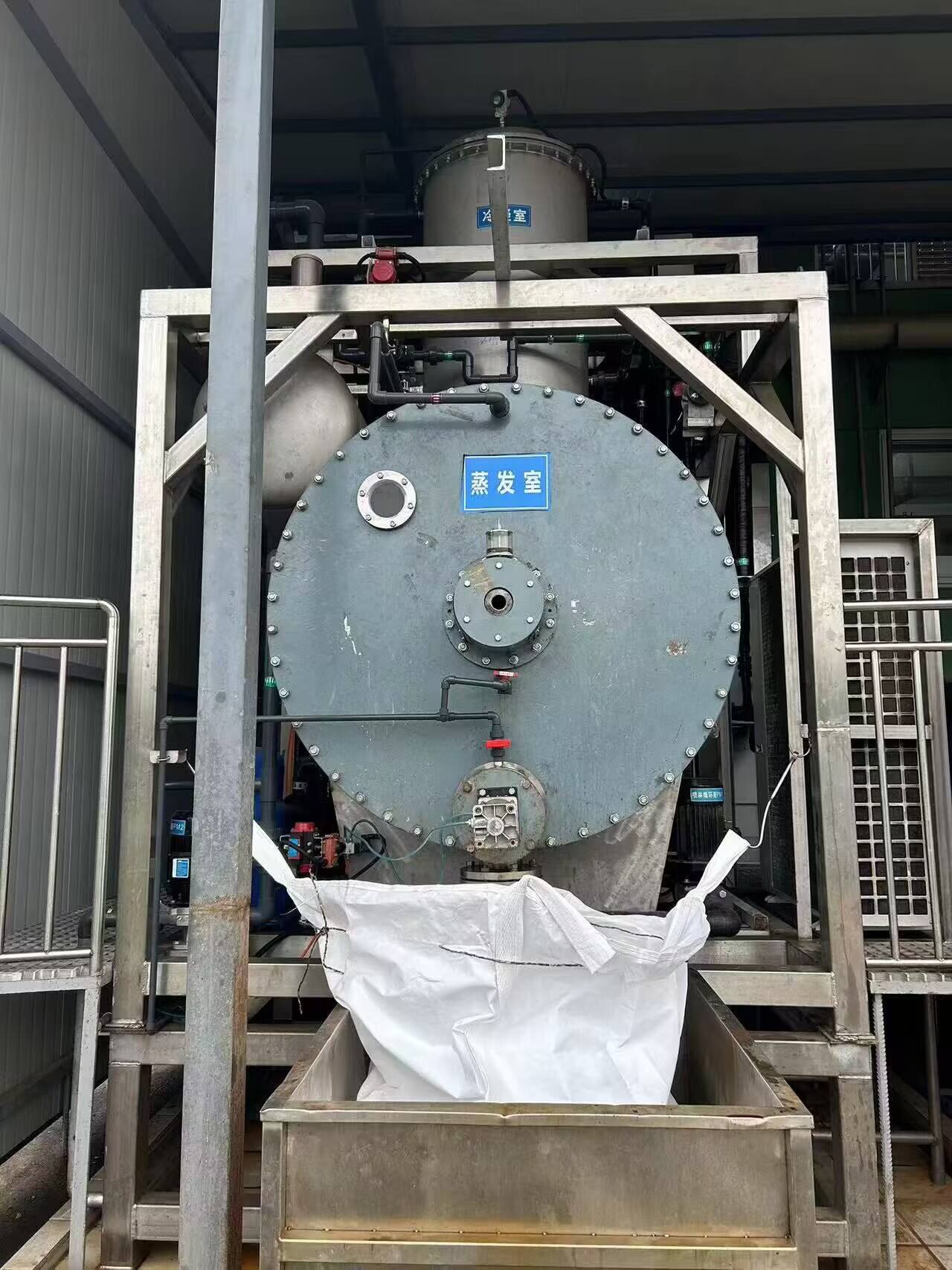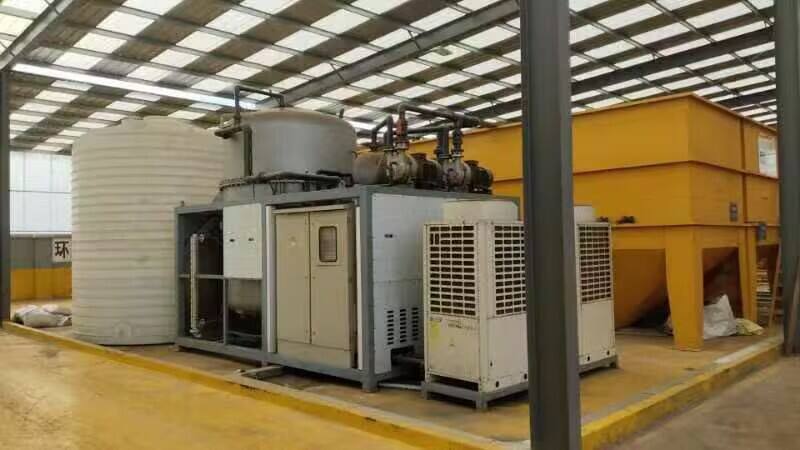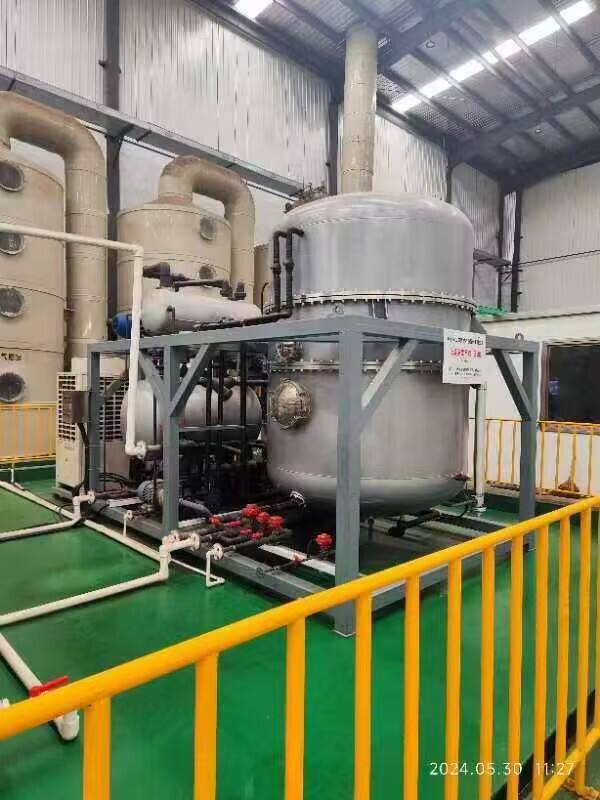water treatment plant in power plant
A water treatment plant in power plants is a crucial facility that ensures the quality and reliability of water used in various power generation processes. This sophisticated system integrates multiple treatment stages to purify water for boiler feed, cooling systems, and other critical operations. The plant employs advanced technologies including reverse osmosis, ion exchange, and membrane filtration to remove impurities, dissolved solids, and harmful chemicals from raw water sources. The facility typically consists of primary treatment units for removing larger particles, secondary treatment systems for chemical processing, and tertiary treatment stages for final polishing. Modern water treatment plants incorporate automated monitoring systems and smart controls to maintain optimal water quality parameters. These systems continuously analyze water chemistry, adjusting treatment processes in real-time to meet strict operational requirements. The plant also features specialized equipment for handling specific contaminants, such as demineralization units for reducing mineral content and deaerators for removing dissolved gases. This comprehensive treatment ensures the protection of valuable power plant equipment while maintaining efficient operations and environmental compliance.


